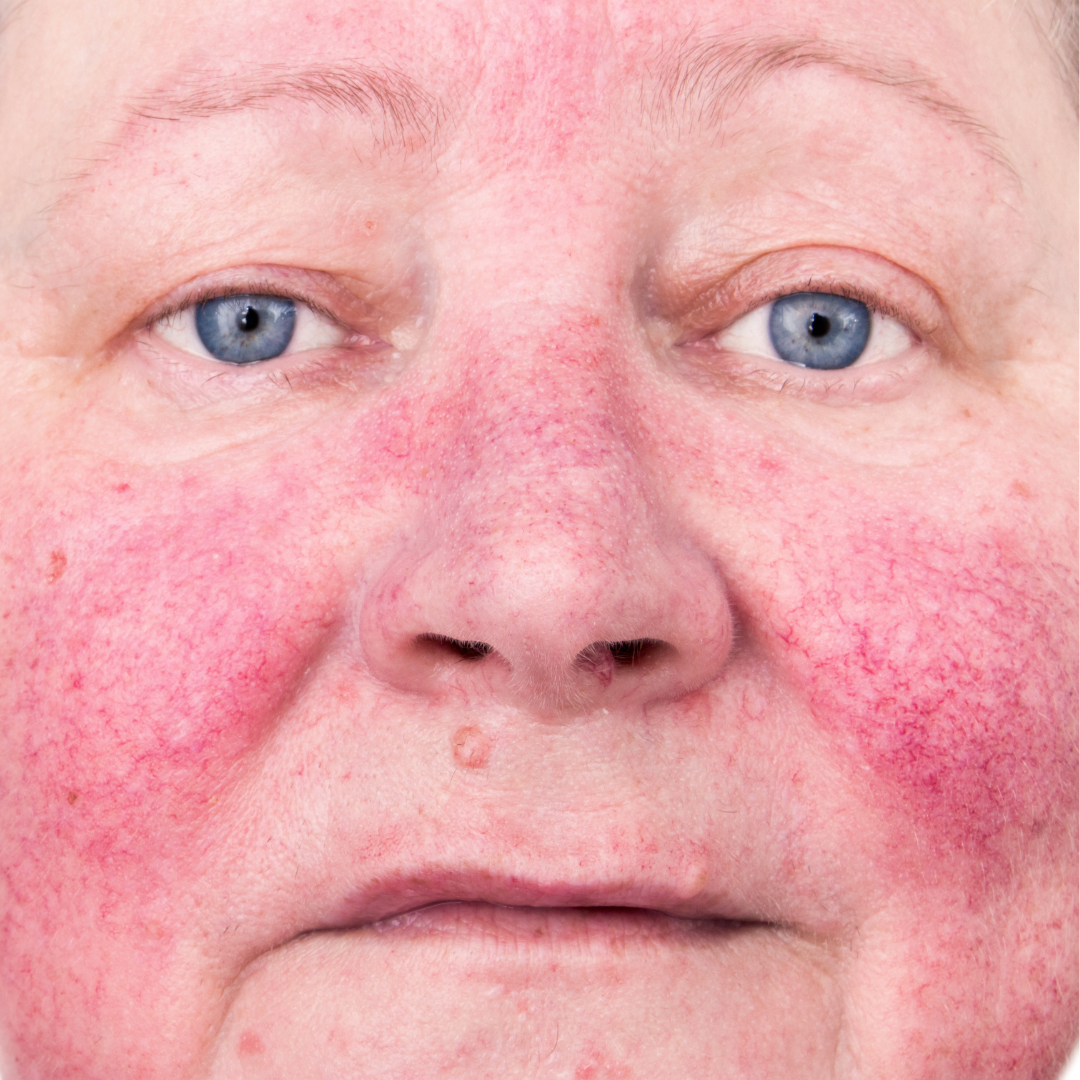Understanding Rosacea: An Essential Guide
Rosacea is a long-term skin condition marked by redness, swelling, and visible blood vessels on the face. Though its exact cause is unknown, it primarily affects middle-aged, light-skinned women though it is also prevalent in men. The condition can worsen with triggers like stress, alcohol, spicy food, and hot temperatures.
What Causes Rosacea?
Rosacea is a chronic skin condition without a clear cause, but it's thought to result from a combination of genetic and environmental factors. Symptoms include facial redness, visible blood vessels, and sometimes pus-filled bumps. Triggers vary widely among individuals but can include sun exposure, extreme temperatures, hot drinks, spicy foods, alcohol, stress, and certain cosmetics. Although there's no cure, understanding and avoiding personal triggers can help manage the condition. Genetics also play a role, as rosacea tends to run in families, suggesting a hereditary predisposition.
What Does Rosacea Look Like?
Rosacea primarily appears as persistent facial redness in the central parts of the face, such as the cheeks, nose, chin, and forehead. It can also lead to visible blood vessels, swollen red bumps that may contain pus, and skin discomfort. In some cases, rosacea affects the eyes, causing irritation, dryness, and a sensation of grittiness. The condition varies greatly among individuals, with symptoms fluctuating in intensity over time.
What Are Some Treatment Options?
Our clinic offers a comprehensive approach to treating rosacea, starting with the identification and avoidance of triggers to prevent flare-ups. For personalized care, we provide medical-grade skincare products tailored for rosacea-prone skin, alongside prescription options from our doctors for more severe cases. Additionally, we offer laser treatments to reduce redness and visible blood vessels. Our team of experienced physicians and medical aestheticians is committed to creating a targeted treatment plan that combines these elements for optimal results in managing your rosacea symptoms.
While rosacea presents a complex challenge due to its uncertain causes and varied symptoms, understanding the condition and implementing a strategic approach to treatment can greatly alleviate its impact. By identifying personal triggers, embracing lifestyle modifications, and pursuing appropriate medical interventions, individuals with rosacea can significantly enhance their skin health and overall well-being.




